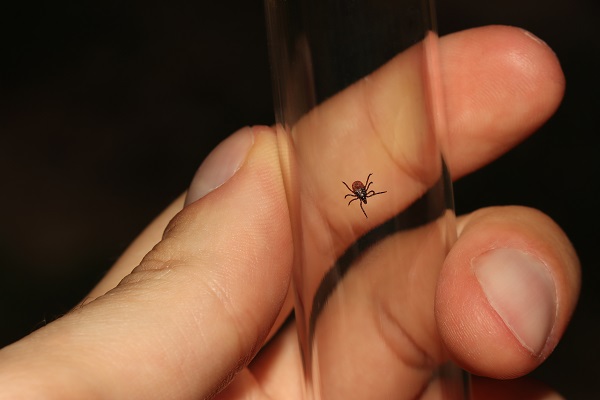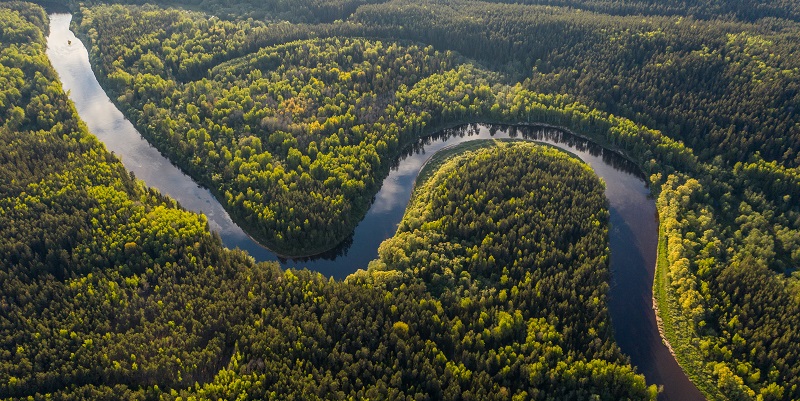Rebuilding from Rubble: Innovative Solution for War-Torn Syria

The ongoing war in Syria has resulted in devastating consequences, including the displacement of millions of people and the destruction of numerous buildings. However, efforts are being made to expedite the recovery and reconstruction of the country. Researchers have found that recycled concrete from the rubble of destroyed buildings can be used to create new concrete without significantly impacting its mechanical performance. This discovery provides a cost-effective and sustainable solution for rebuilding war-torn areas. The research serves as a model that can be applied in other conflict-ridden or disaster-affected regions, offering hope for future reconstruction efforts.
Decline in Deforestation: Positive Sign for Brazil’s Amazon

Deforestation in Brazil’s Amazon rainforest experienced a significant decline of 68% in April compared to the previous year, marking the first significant drop since President Luiz Inacio Lula da Silva took office. Lula had campaigned on ending deforestation, which had surged under his predecessor Jair Bolsonaro. The reduction in deforestation is seen as a positive signal, although experts caution that it is too early to confirm a downward trend. Lula’s government has prioritized environmental protection and aims to fulfil its commitment to end deforestation by 2030. The recent decline in deforestation coincides with renewed efforts to address ecological issues and secure international support for the Amazon fund.
Biodiversity-Rich Osa Peninsula Showcases Financial Incentives for Forest Restoration

The Osa Peninsula in Costa Rica, occupying a minuscule fraction of the planet’s surface area, is home to an astonishing 2.5% of global biodiversity. Recent research highlights the importance of regrowing degraded and secondary forests in combating biodiversity loss and climate change. The Osa Peninsula has become a leading example of how financial incentives, such as Costa Rica’s Payments for Environmental Services (PES) program, can drive landscape restoration, protect forests, create jobs, and support rural economies. Similar programs in Guatemala also promote sustainable forestry and land restoration. These initiatives counteract market forces that drive deforestation and underscore the value of environmental services provided by forests.
Climate Change, Tick-borne Diseases, Allergies, Zombie Superbugs, and how they’re connected

Climate change poses various health risks, including the spread of Lyme disease due to increased tick populations. Lyme disease causes symptoms like headaches and fatigue and can affect the heart and nervous system if left untreated. Climate change also exacerbates seasonal allergies by prolonging pollen seasons and increasing pollen levels. This leads to more cases of hay fever and asthma. The thawing of Arctic permafrost due to global warming also raises concerns about ancient microorganisms containing antibiotic-resistant genes, potentially creating “zombie superbugs” that could harm ecosystems and human health.



